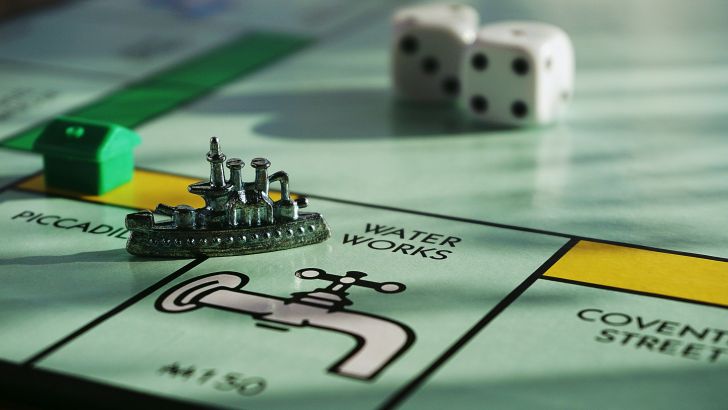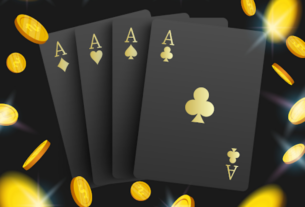Luck isn’t enough to win at poker. It takes guts, patience, and a keen judgment of people’s actions for a player to master this game, and a skilled player will have little trouble winning hand after hand, even when the way the cards turn out seems to be favoring the novice. Surprisingly, however, many of the same skills that are required in poker can be honed by playing classic board games. Even if you haven’t touched a deck of cards in years, playing these games may have been giving you a poker edge without you knowing it!
How Board Games Can Improve Your Poker Skills
On the surface, poker and board games appear distant cousins: one about cards and chips, the other often featuring dice and maps. However, both depend on pattern recognition and quick math, reading the body language of your opponents, as well as understanding risk versus reward. As you hone these essential skills in board games, they are sure to help you at the poker table.
Imagine that you want to start playing real money poker games, for example. You’ve got plenty of options for practicing, including getting together with friends or trying out demo games online… but while you will be honing your skills, it can be dull to take the same approach every time, and doing so can actually even hamper your learning. By playing a range of games, you’ll practice the skills in different contexts, giving you a more nuanced and deeper understanding of them. When you then come to play real money poker games, you will have a much better grasp of the important skills and how to employ them. Practicing in a variety of places will likely make you a stronger player overall!
When you play a strategic board game such as Catan or Risk, every decision requires calculating probabilities, predicting your opponents’ moves, and managing scarce resources. All of these are vital skills in a game of poker… so let’s look at this more closely.
Strategy, Camouflage, and Risk Management
What separates strong poker players from the rest is their ability to anticipate what will happen next, look for patterns even during tense moments, and draw conclusions from limited information. That’s also the essence of games such as Catan and Sheriff of Nottingham—both of which not only require bluffing but depend on reading subtle signals from others.
Another great example? Codenames. This game is primarily about thinking in sync with your teammates, guessing how they will read your clues. You have to make sound judgments when guessing words and calculating probabilities, really getting a feel for the way others think in order to excel at this game.
It might surprise you that a cooperative game like Codenames has applications in something like Texas Hold’Em, but whether you are trying to help or hinder other players, being able to figure out what they are thinking is key.
In contrast, Sheriff of Nottingham is basically a how-to course in bluffing and deception. Payers try to make it past whoever is playing the vigilant sheriff with their contraband, and whether you are in the role of a merchant or the sheriff, being able to observe how people act when they are bluffing or suspect that you might be bluffing is just as helpful here as it is in a poker game.
Developing Bankroll Smarts Through Board Games
The economy management aspect in games like Power Grid can also offer massive benefits to a would-be poker player. Power Grid involves players competing against one another as they build their own power network. It sounds like a far cry from a game of cards, but you are actually learning one of the most crucial elements of poker: bankroll management. Monitoring your funds, looking for opportunities to strike, and knowing when to back away and fold are all vital skills that any poker player needs!
From Game Night to Poker Night
The inspiring takeaway from this article is the knowledge that your poker instincts may have been improving even on nights when you’re not at the green baize. Next time you’re trying to bluff your way past a suspicious sheriff, deciding where to build your next town in Catan, or guessing a long-shot word in Codenames based on your knowledge of the other player, you’re building up exactly the same sort of strategic thinking that sets apart casual poker players from those who truly know their game. So here’s a quick look at the poker skills that certain board games can teach us:
| Board Game | Key Poker Skill Improved |
| Codenames | Reading opponents, strategic thinking |
| Sheriff of Nottingham | Bluffing, risk assessment |
| Monopoly | Bankroll management, decision-making |
| Catan | Probability, adapting strategy |
| Risk | Long-term planning, risk vs reward thinking |
If you want to get really good at poker, bringing the skills that these board games offer into your online play could make a real difference.



